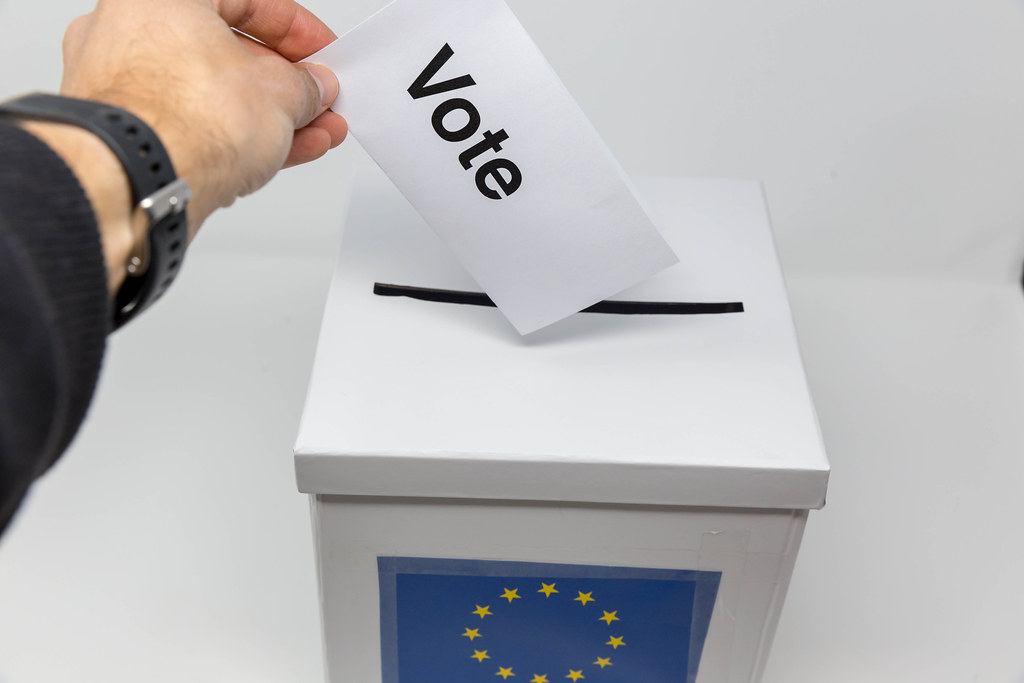Anatoliy Marinov v. Bulgaria, No. 26081/17, ECtHR (Fourth Section), 15 February 2022

The European Court of Human Rights recently ruled on the loss of the right to vote following a judgment placing a person under partial guardianship.
In this present case, the applicant, Anatoliy Marinov, was diagnosed with a mental disorder in 1999. For this reason, the Silven Regional Court (Bulgaria) considered it necessary to place him under partial protection in 2000. However, with the filing of the judgment, the applicant was also deprived of his right to vote, an automatic consequence of partial guardianship, in accordance with Article 42(1) of the Bulgarian Constitution.
The Fourth Section of the ECtHR recalled that the right to vote, as enshrined in Article 3 Protocol 1 of the ECHR, is not absolute but may be subject to limitations, in respect of which States enjoy a wide margin of appreciation. However, the State's margin of appreciation is restricted when limitations to the right to vote apply to a particularly vulnerable group in society, which has been historically subject to significant discrimination, such as people with mental disabilities.
The Bulgarian Constitution did not distinguish between persons under full and partial guardianship but deprived citizens 'under guardianship' of electoral rights in a generic way. Moreover, there was no evidence that the Bulgarian legislature had ever sought to weigh competing interests or to assess the proportionality of the restriction. This opened the way for the courts to conduct a particular analysis of the applicant's ability to exercise the right to vote, independently of any decision to place a person under guardianship. The Court concludes, therefore, that the indiscriminate deprivation of the applicant's right to vote, without any individualized judicial review and solely on the basis that the applicant's mental disability made it necessary for him to be placed under partial guardianship, is not proportionate for the purpose of restricting the right to vote, as advanced by the Government.
(Comment by Edin Skrebo)

